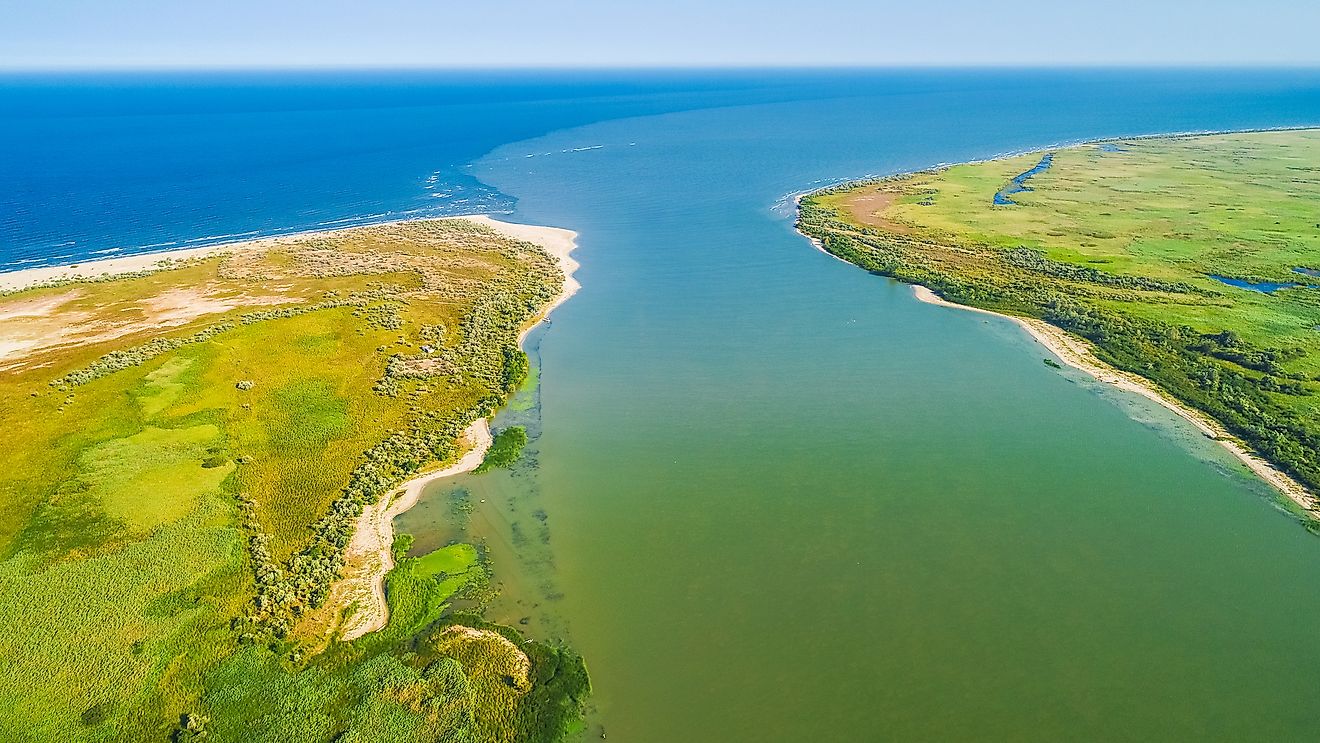Where Do Guinea Pigs Live In The Wild?

Guinea pigs no longer live anywhere in the wild - however, when they did, they were originally native to South America. Guinea pigs have been domesticated since 2000 BC. The prime purpose for their domestication was as a food source. However, they can also be domesticated as pets. There are many known species of guinea pigs. The species are categorized into two broad categories, rough and smooth, according to the texture of their coat. Guinea Pigs have a short lifespan of 3 to 8 years.
Behavior
Guinea pigs are more active at night than they are during the day. They come out of their habitats at night to search for food, especially plant materials. They have the ability to learn and to accurately remember a foot path. Guinea pigs usually live in groups that consist of smaller than 10 members and move together in the groups as they search for food. The group is usually made up of some female guinea pigs which are referred to as sows, a male referred to as a boar and their young ones. They are more social to members of their own species and to members that they are related to. Guinea pigs spend most of their time chewing and can chew 200 times in one minute. They chew with a side to side motion.
Physical Description
Guinea pigs are herbivores. They look like rodents such as rats and mice but have large eyes that are located on either side of their head. Their sense of smell is very strong with the nose having whiskers around it. Their hearing ability is also very strong - they have the ability to hear minor sound frequencies that the human ear cannot pick up. The teeth are open-rooted and number around 20. Like all rodents, guinea pig teeth never stop growing. The rapid growth and rapid wearing out of the teeth ensure the size of their teeth is constant. Guinea pigs mature in 3 to 5 weeks after they are born. The mother cares for offer young ones until they are stable enough. They are also known to adopt the pups of other guinea pigs.











